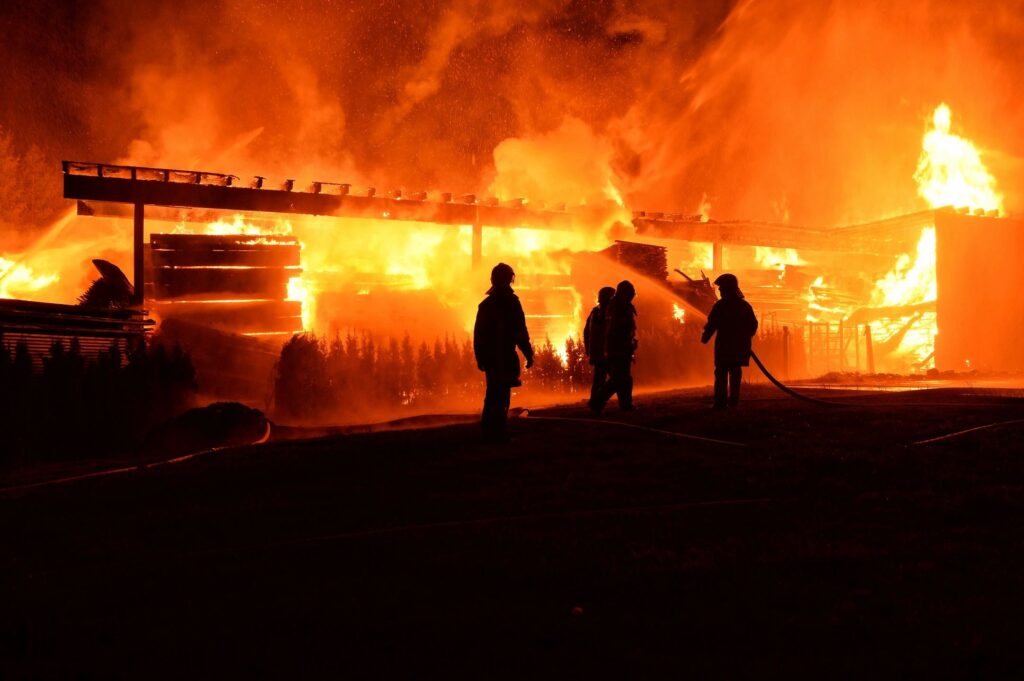Like EMS, Fire and Police, Programs for the Developmentally Disabled Should be Universally Applicable and Available



If your house catches fire, or there is a person about to attack you in your home, or your grandmother just had a heart attack in your living room, you would expect to have the fire trucks, the police, or the EMS and ambulance show up at your door.
These agencies provide services to anyone in need … regardless of your income.
There are other services that are universally understood to be accessible to every resident of a community – i.e., decent roadways, public schools, public parks.
If you are a parent, a grandparent, or a guardian of a child or adult with developmental disabilities, there are protective and quality of life enabling services that should be available, regardless of income or if your residence is in the city or in a rural community.
At least that is the intent of the various programs the state is supposed to provide by law.
Life does not discriminate as to what family might need help caring for people with disabilities.
For the last thirty months, since the horrific abuse and eventual death of Mary Melero, a developmentally disabled young woman in the supposed care of state programs, The Candle has researched and published more than forty stories related to the failures of several agencies required to provide services and protection of vulnerable New Mexicans like Mary Melero.
In less than two weeks the New Mexican Governor and the Legislature will hold a Special Session to deal with several matters, including budget issues related to the state’s Medicaid programs.
The programs for the developmentally disabled community are also Medicaid programs – and those programs should not be put on the back burner of the upcoming special session.
There are three baseline programs New Mexico is supposed to provide for people with developmentally disabilities, and the families that care for them – The Medically Fragile Waiver (MF Waiver); The Developmental Disabilities (DD) Waiver; and The Mi Via Waiver. (A brief description of each along with a link to the programs are listed below.)
Starting today and through that special session, The Candle will provide a series of articles and proposals that will shine some light on deficiencies in the funding and administration of those programs.
For today, here is a brief explanation of each of the three programs. Tomorrow, the focus will be on promises made, but yet to be properly kept and addressed by the executive and legislative political leaders of New Mexico state government.
The Medically Fragile Waiver (MF Waiver)
“The Medically Fragile Waiver (MF Waiver) serves individuals who have been diagnosed with a medically fragile condition before reaching age 22, and who have a developmental disability or delay, or who are at risk for developmental delay. A medically fragile condition is defined as a chronic physical condition which results in a prolonged dependency on medical care for which daily skilled nursing intervention is medically necessary. Services provided through the MF Waiver are case management, home health care, respite care, private duty nursing, physical, occupational and speech therapies, behavior support consultation, nutritional counseling and specialized medical equipment and supplies…” – (Quoted from the New Mexico Health Care Authority website.)
Developmental Disabilities Waiver
“The Developmental Disabilities (DD) Waiver program also known in New Mexico as the “traditional DD Waiver” is designed to provide Services and Supports that assist eligible children and adults with Intellectual and Developmental Disabilities (IDD) to participate as active members of their communities. The DD Waiver is one of several waivers available in New Mexico. The program serves as an alternative to institutional care…” – (Quoted from the New Mexico Health Care Authority website.)
Mi Via Self-Directed Waiver
“Launched in 1999, the Mi Via Waiver is a self-directed Home and Community-Based Services (HCBS) program designed to help individuals with Intellectual and Developmental Disabilities (IDD) or Medically Fragile conditions manage their own services and supports. “Mi Via” means “my path” or “my way” and allows participants to make choices about the services and supports they receive within an approved budget and plan…” – (Quoted from the New Mexico Health Care Authority website.)
A Few of the Organizations that Advocate for the Rights of Individuals with Intellectual and Developmental Disabilities
The New Mexico Developmental Disabilities Council
“The Developmental Disabilities Assistance and Bill of Rights Act of 2000 ( DD Act ) states that the purpose of State Councils is to engage in advocacy, capacity building and systemic change activities that are consistent with the purpose of the DD Act and; contribute to a coordinated, consumer and family centered, consumer and family directed, comprehensive system of community services, individualized supports and other forms of assistance that enable individuals with developmental disabilities to exercise self-determination, be independent, be productive and be integrated and included in all facets of community life…”
625 Silver Avenue SW, Suite 100A
Albuquerque, New Mexico 87102
Office: (505) 841-4519
DDC Fax: (505) 841-4590
OOG Fax: (505) 841-4455
UNM Center for Development & Disability
Our mission is to advance exemplary services, research, education and policies to support the well-being of all New Mexicans. We provide lifelong care for people with and at risk for developmental and other disabilities.
CDD is New Mexico’s only federally funded Center for Excellence in Developmental Disabilities Education, Research and Service. Call: 505-272-3000
Disability Rights New Mexico – DRNM
Promoting and Protecting the Rights of Persons with Disabilities
“The mission of Disability Rights New Mexico (DRNM) is to protect, promote, and expand the legal rights of persons with disabilities. DRNM is an independent, private non-profit agency operating federally mandated and other advocacy programs in pursuit of this mission … Toward the fulfillment of its mission, DRNM provides several basic services: information and referral about services for persons with disabilities and about their legal rights; individual case advocacy services to resolve specific disability rights problems; advocacy efforts to improve service systems and to generally promote, protect and expand the rights of persons with disabilities; and training activities to increase awareness of disability rights and increase consumer empowerment.”
3916 Juan Tabo Blvd., NE
Albuquerque, NM 87111
Office: (505) 256-3100
Fax: (505) 256-3184